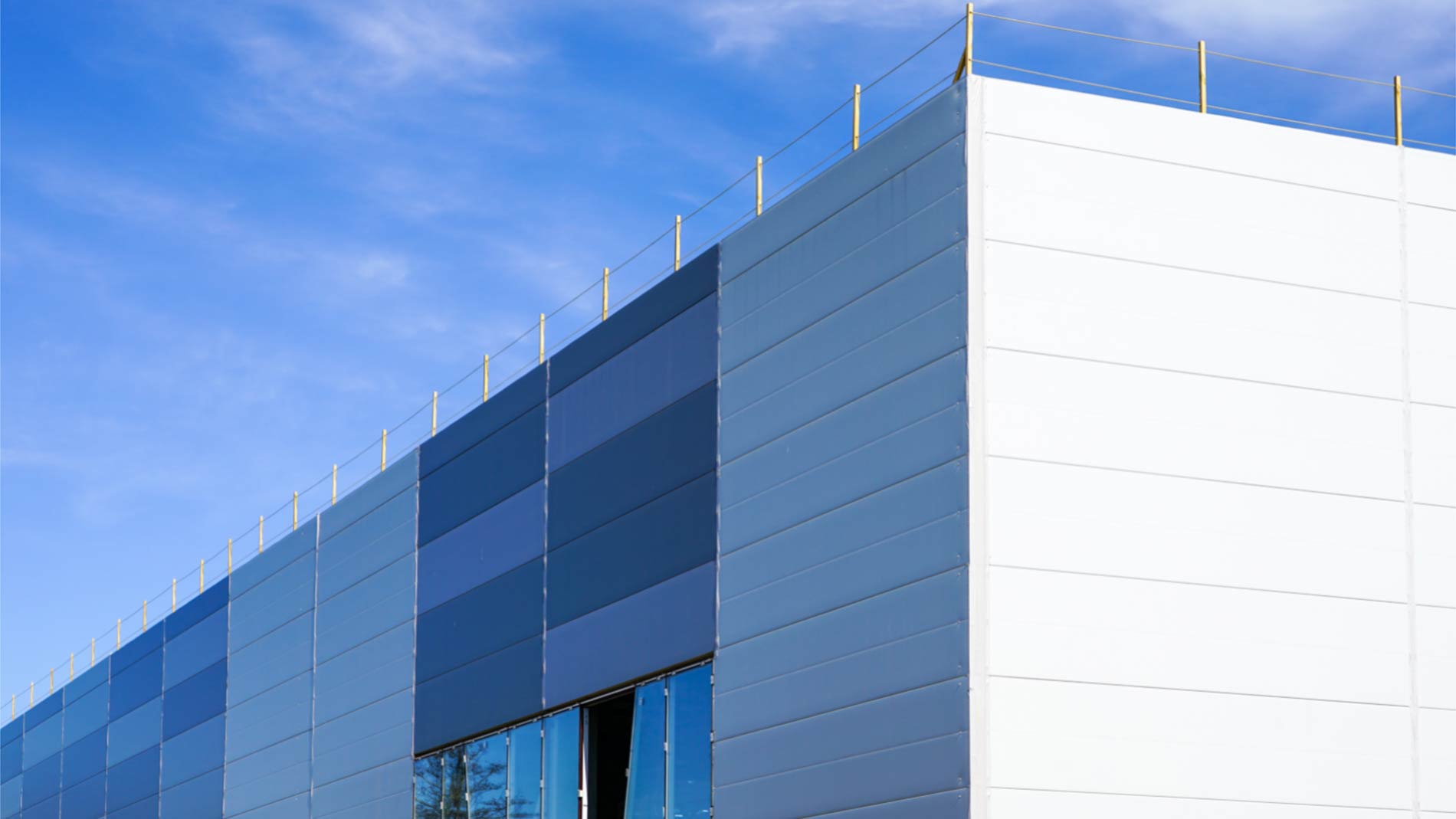Sandwich panels are a type of structural panel that consists of two layers of material with a layer of insulation between them. They are commonly used for walls and roofs in both residential and commercial buildings. There are many reasons why builders choose to use sandwich panels, including their durability, energy efficiency and fire resistance. Read on to learn more about sandwich panels and their use in construction.
What are sandwich panels?
As we mentioned earlier, sandwich panels consist of two layers of material, with a layer of insulation in between.
- The most common type of sandwich panel is the metal sandwich panel, which consists of two layers of metal (usually steel or aluminum) with a layer of insulation between them. Metal sandwich panels are commonly used for roofs and walls because they are weatherproof and very durable.
- Another type of sandwich panel is the fiberglass sandwich panel, which consists of two layers of glass fiber reinforced plastic (GFRP) with a layer of insulation between them. Fiberglass sandwich panels are often used in the construction of industrial buildings because they are very strong and impact-resistant.
- Many other types of sandwich panels exist, including those made of wood, plastic and even paper. No matter which type of sandwich panel you choose, you can be sure that it will provide your building with an extra level of protection from the elements
What are sandwich panels used for?
Sandwich panels are most commonly used for walls and roofs. They can also be used to construct floors, although that is less common. In most cases, builders will use sandwich panels to create either the exterior or interior walls of a building; however, in some instances, builders will use them for both exterior and interior walls.
The advantages of using sandwich panels
- One of the advantages of using sandwich panels for walls is that they can help reduce the amount of time and money spent on construction. This is because sandwich panels can be manufactured off-site and then simply transported to the construction site for installation. This can help speed up the construction process because it eliminates the need for on-site manufacturing.
- Another advantage of using sandwich panels for walls is that they provide better protection against fire, wind and water compared to other types of wall materials, such as brick or wood. This is due to the fact that sandwich panels have a core made of insulating material that prevents heat transfer.
- When it comes to roofs, builders often choose metal sandwich panels because they provide better protection against corrosion compared to other types of roofing, such as asphalt shingles. Metal roofing also has a much longer lifespan than other types of roofing, so it requires less maintenance over time.
Panels that can take a beating
Whether you’re looking for an energy-efficient way to construct a building’s walls or need a durable roof that can withstand the elements, you may want to consider sandwich panels for your next construction project. Thanks to their many advantages – including durability, fire resistance and energy efficiency – sandwich panels have become one of the most popular choices among builders around the world.





To jest ten typ treści, który sprawia, że doceniasz wartość myślenia.
fortsæt det gode arbejde stipendiater. Med at have så meget indhold og artikler gør du det